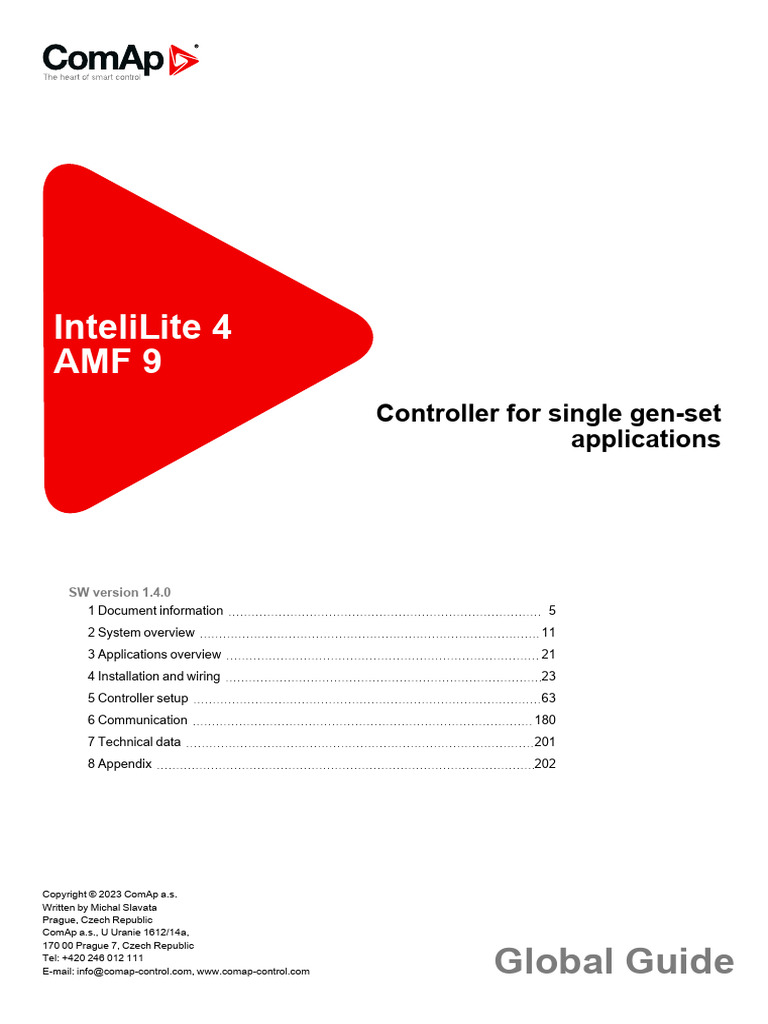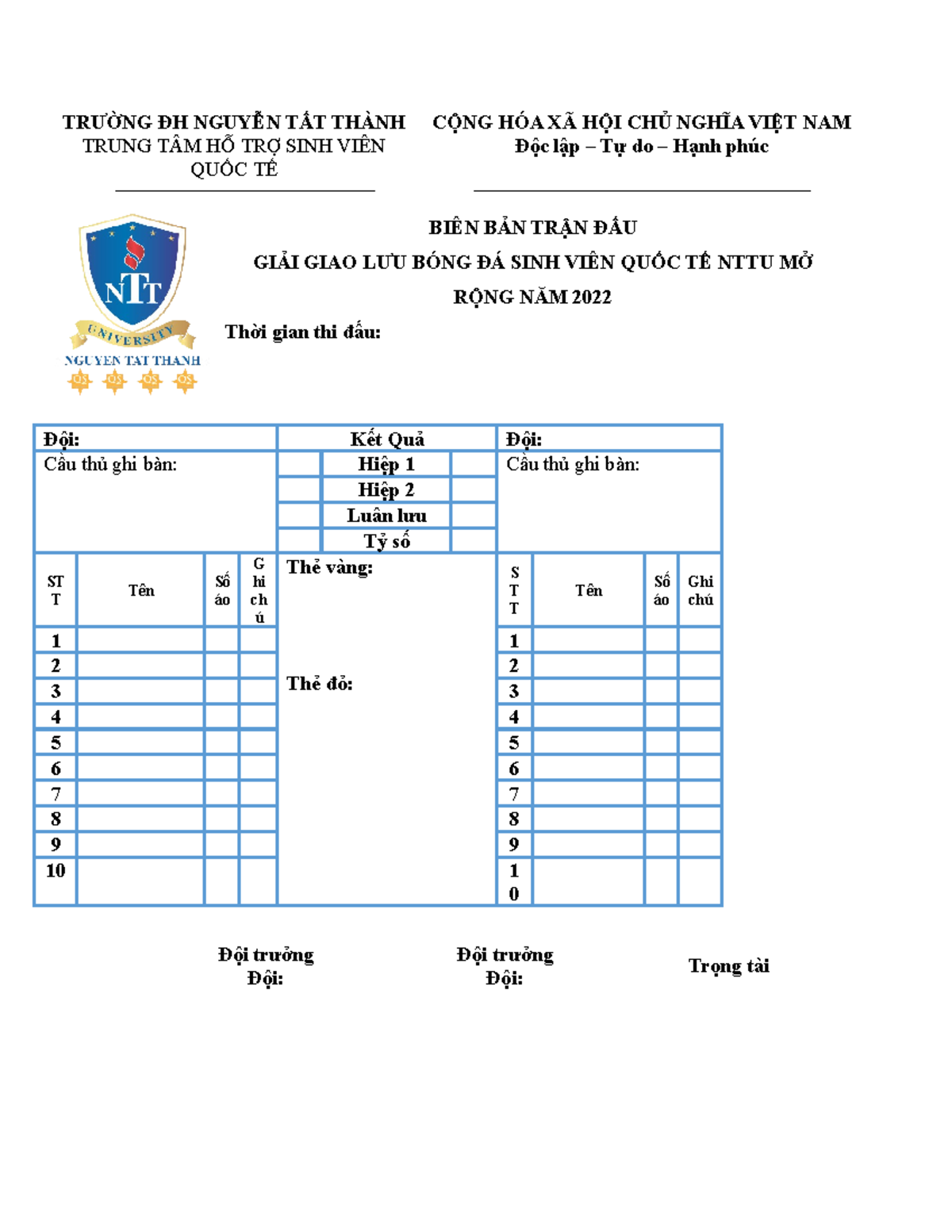Increased Access To Birth Control: Examining The Post-Roe OTC Landscape

Table of Contents
The Potential Benefits of Over-the-Counter Birth Control
The shift towards OTC birth control presents several significant advantages.
Improved Accessibility and Convenience
- Reduced Barriers for Marginalized Communities: Many individuals, particularly those in rural areas, low-income brackets, or lacking health insurance, face significant barriers to accessing reproductive healthcare. OTC birth control could eliminate these barriers, ensuring broader access to essential reproductive services. This includes removing the financial burden of doctor's visits and prescriptions, especially for those without insurance coverage.
- Enhanced Convenience: The convenience factor cannot be overstated. Eliminating the need for appointments, navigating insurance processes, and waiting for prescriptions significantly improves access. This ease of access can encourage consistent use, leading to better reproductive health outcomes.
- Potential Cost Savings: OTC birth control options are likely to be more affordable than prescription methods, making them accessible to a wider range of individuals. This affordability is crucial for ensuring equitable access to reproductive healthcare.
Increased Privacy and Confidentiality
- Protecting Personal Information: Seeking reproductive healthcare can be a deeply personal experience. OTC access removes the need to disclose sensitive information to healthcare providers, offering a crucial layer of privacy.
- Addressing Relationship Dynamics: For individuals in relationships where reproductive healthcare decisions are complex, OTC birth control offers a way to manage their reproductive health without external interference or pressure. This autonomy is paramount in ensuring individuals' control over their bodies and choices.
- Reduced Stigma: The accessibility of OTC birth control could help destigmatize reproductive health discussions and normalize the use of contraception.
Empowering Individuals to Make Informed Choices
- Increased Self-Management: Easy access to information and birth control empowers individuals to proactively manage their reproductive health. This self-determination is crucial for personal autonomy.
- Responsibility and Education: Increased access requires a parallel commitment to comprehensive sex education and readily available, reliable information on various birth control methods. This will help individuals make informed decisions about their reproductive health.
- Promoting Agency: The ability to access birth control independently fosters personal responsibility and decision-making power.
Challenges and Concerns Regarding OTC Birth Control
While the benefits are compelling, potential challenges need careful consideration.
Misinformation and Misuse
- Lack of Professional Guidance: The risk of improper use due to a lack of professional guidance is a major concern. Comprehensive education campaigns are essential to mitigate this risk.
- Combating Online Misinformation: The proliferation of misinformation online presents a significant challenge. Accurate information sources and public health campaigns are critical to counteract inaccurate or misleading information.
- Effective Public Health Initiatives: Robust public health initiatives are needed to educate the public on proper usage, potential side effects, and contraindications of various birth control methods.
Ensuring Equitable Access
- Addressing Socioeconomic Disparities: While OTC access promises increased convenience, it's essential to ensure affordability for all. Strategies to address socioeconomic disparities are crucial to prevent widening the existing healthcare gap.
- Language and Cultural Barriers: Access must be inclusive and consider language barriers and cultural sensitivities. Materials and resources should be available in multiple languages and culturally appropriate formats.
- Maintaining Affordability: Efforts are needed to prevent OTC birth control from becoming prohibitively expensive, ensuring affordability remains a cornerstone of accessibility.
The Role of Government Regulation
- Clear and Effective Regulations: Appropriate government regulation is crucial for ensuring product safety, efficacy, and appropriate distribution channels.
- Balancing Regulation: Finding the right balance between regulation and accessibility is vital. Over-regulation could stifle access, while under-regulation poses significant risks.
- Ensuring Safety and Efficacy: Strict standards for quality control, testing, and labeling are essential to guarantee the safety and efficacy of OTC birth control options.
The Current Landscape and Future Directions of OTC Birth Control
Current Legal and Regulatory Status
The legal status of OTC birth control varies considerably across different regions. Some countries already allow for the over-the-counter sale of certain birth control methods, while others maintain stricter regulations.
Ongoing Research and Development
Ongoing research focuses on developing more accessible, effective, and user-friendly birth control methods, including long-acting reversible contraceptives (LARCs) and improved formulations of existing options.
Advocacy and Policy Recommendations
Advocacy groups and policymakers play a critical role in promoting increased access. This involves lobbying for supportive policies, advocating for increased funding for public health education campaigns, and supporting research and development efforts.
Increased Access to Birth Control: A Necessary Step Forward
In conclusion, while challenges regarding misinformation, equitable access, and regulation exist, increased access to birth control through OTC availability offers significant potential benefits. Convenience, privacy, and individual empowerment are crucial aspects of improved reproductive healthcare. Addressing these concerns through comprehensive public health campaigns, equitable distribution strategies, and sensible regulation is vital. We must advocate for supportive policies and responsible public health campaigns focused on increased access to birth control, promoting responsible use and equitable distribution in the post-Roe era. Stay informed and engage in the conversation surrounding increased access to birth control options – your voice matters.

Featured Posts
-
 Analyse Du Document Amf Kering 2025 E1021784 24 Fevrier 2025
Apr 30, 2025
Analyse Du Document Amf Kering 2025 E1021784 24 Fevrier 2025
Apr 30, 2025 -
 2025 E1029754 A Guide To Vusion Groups Amf Cp Document
Apr 30, 2025
2025 E1029754 A Guide To Vusion Groups Amf Cp Document
Apr 30, 2025 -
 Tragedy Strikes Mother Confesses To Killing Five Children In Bath
Apr 30, 2025
Tragedy Strikes Mother Confesses To Killing Five Children In Bath
Apr 30, 2025 -
 Nba Icon Charles Barkleys Unexpected Connection To A Ru Pauls Drag Race Star
Apr 30, 2025
Nba Icon Charles Barkleys Unexpected Connection To A Ru Pauls Drag Race Star
Apr 30, 2025 -
 Channing Tatum Dating Aussie Model Inka Williams
Apr 30, 2025
Channing Tatum Dating Aussie Model Inka Williams
Apr 30, 2025
Latest Posts
-
 Futbol Argentino De Luto La Muerte De Un Joven Promesa De Afa
Apr 30, 2025
Futbol Argentino De Luto La Muerte De Un Joven Promesa De Afa
Apr 30, 2025 -
 Kiem Tra Ky Cang Truoc Khi Dau Tu Tranh Rui Ro Tu Cac Cong Ty Bi Nghi Van Lua Dao
Apr 30, 2025
Kiem Tra Ky Cang Truoc Khi Dau Tu Tranh Rui Ro Tu Cac Cong Ty Bi Nghi Van Lua Dao
Apr 30, 2025 -
 Giai Bong Da Thanh Nien Thanh Pho Hue Cap Nhat Ket Qua Thi Dau
Apr 30, 2025
Giai Bong Da Thanh Nien Thanh Pho Hue Cap Nhat Ket Qua Thi Dau
Apr 30, 2025 -
 Luto En El Futbol Argentino Fallece Joven Referente De Afa
Apr 30, 2025
Luto En El Futbol Argentino Fallece Joven Referente De Afa
Apr 30, 2025 -
 Than Trong Voi Cac Cong Ty Co Tien Le Lua Dao Huong Dan Bao Ve Von Dau Tu Cua Ban
Apr 30, 2025
Than Trong Voi Cac Cong Ty Co Tien Le Lua Dao Huong Dan Bao Ve Von Dau Tu Cua Ban
Apr 30, 2025
